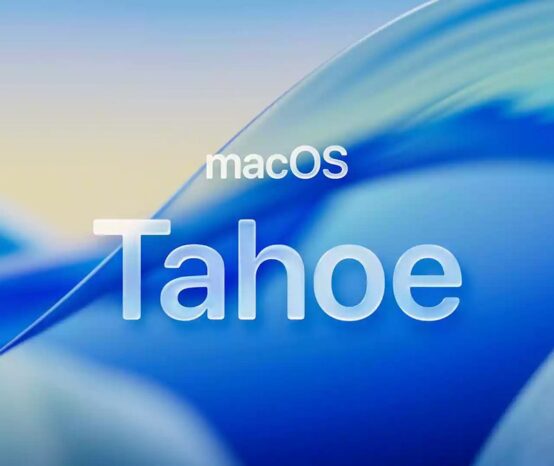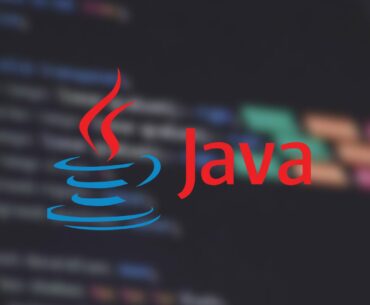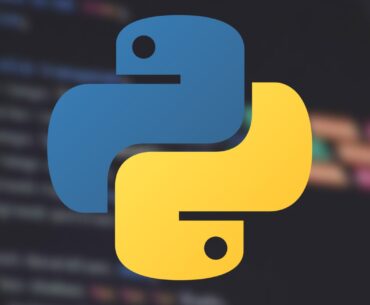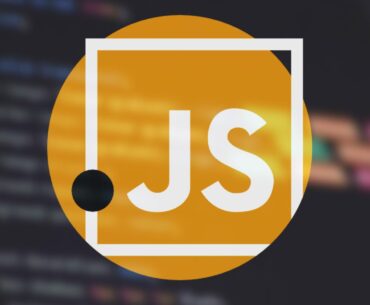In a move to simplify how developers build smart AI agents, Microsoft has quietly released the public preview of Microsoft Agent Framework. This launch marks a turning point: Microsoft will now unify its previous agent tools — Semantic Kernel and AutoGen — into a single, integrated offering. Until…
It’s rare for a tech product to make the leap from obscure launch notes to mainstream conversation in less than a week. But that’s exactly what happened with OpenAI’s Sora 2, the company’s flashy new video generator. Depending on who you ask, Sora 2 is either the future…
Go is no newcomer. It launched in 2009 at Google, and over time it carved out a niche as a language for cloud services, microservices, infrastructure, and APIs. Its simplicity, static typing, built-in concurrency (goroutines, channels), binary portability, and performance made it a favorite for scalable backends. Over…
Java frameworks have always shaped how we build applications — from early days of JSP/Servlets and Struts, through the rise of Spring, to more modern microservice-oriented stacks. Over the decades, frameworks have evolved to solve recurring challenges: boilerplate, configuration, dependency management, concurrency, cloud deployment, and developer productivity. In…
Rust’s rise from systems and tooling into web development is gradual but steady. In the early 2020s, frameworks were experimental, and many projects stuck with micro-crates or ad hoc HTTP stacks. Over time, as async/await stabilized and Rust’s ecosystem matured, several frameworks began to solidify and attract usage.…
Python’s web ecosystem has evolved a lot over the years. In the early days, frameworks were simpler, synchronous, and often minimal. Flask (released 2010) and Django (2005) set early landmarks: Flask offering a microframework, Django giving a “batteries-included” full stack. Over time, the community added tools for asynchronous…
You probably know React itself is a UI library, not a full framework. Over time, developers built “meta-frameworks” or full stacks around React to solve recurring challenges (routing, data fetching, SSR, static generation, etc). In the early days, alternatives like Create React App (CRA) dominated the scaffolding space.…
If you have been animating the web since the jQuery era, you have watched the craft move from setInterval loops to requestAnimationFrame, then to modern native primitives like the Web Animations API and ScrollTimeline. Libraries rose to tame browser quirks, make sequencing pleasant, and push performance. In 2025…
Imagine opening a browser tab and finding not just a web page, but a full development environment: runtime, server, preview, APIs, everything. No local installs. No remote server provisioning. Just code, immediately live. That’s exactly what BrowserPod aims to deliver. It’s an in-browser “container” system built on WebAssembly…
AWS has officially declared general availability (GA) for its AWS Knowledge MCP Server, ushering in the next-gen way AI agents talk to AWS. MCP (Model Context Protocol) is rapidly emerging as a standard for connecting LLMs and agent frameworks to external “context providers” (think: documentation, API state, best…
Google has published a Q&A that tries to calm a developer community worried about its new identity requirement for anyone who wants their Android apps to install on certified devices. The company frames “developer verification” as a simple idea. If you install an app, your phone should know…
















